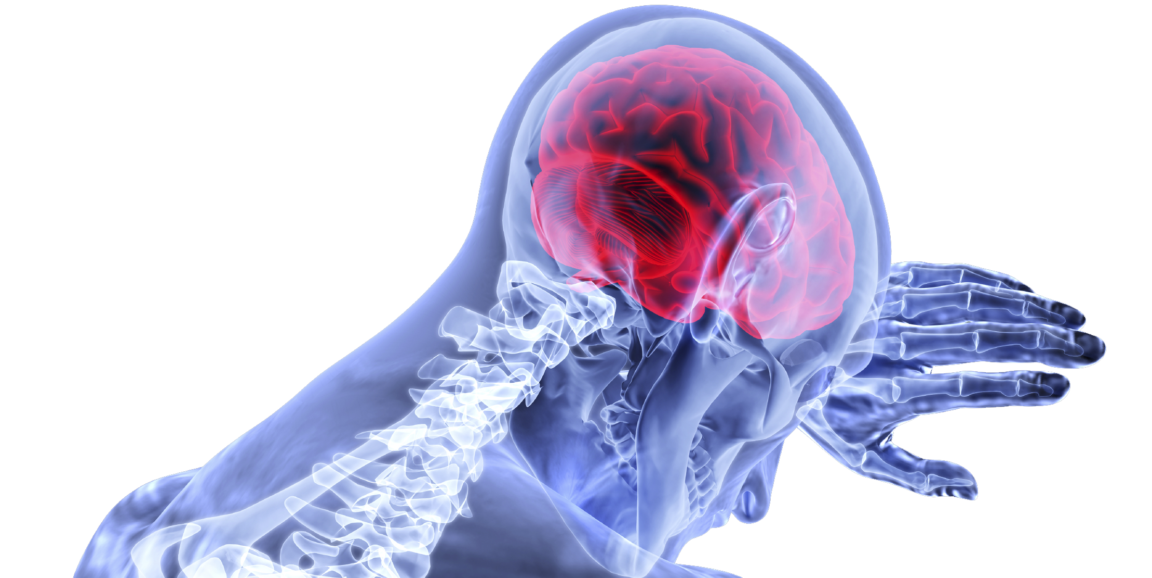Many psychiatrists and patients with depression are excited about the potential of esketamine nasal spray. But Alan Schatzberg, MD, professor of psychiatry and behavioral sciences, warns in commentary in the Journal of American Psychiatry that too little is known about ketamine for it to be used broadly.
"The drug has limited positive data," said Schatzberg, who published the commentary in response to an article published in the same journal.
In a nasal spray form, esketamine is newly approved. But for some time, patients desperate to escape their melancholia have been dishing out $1,000 or so to lie in a chair while ketamine drips into their veins. Insurance often doesn't cover the treatment, still considered experimental.
Many people choose to undergo the infusion because other approaches, typically selective serotonin reuptake inhibitors, haven't worked. Ketamine also appears to lift depression's veil much more quickly than SSRIs, which can take weeks to produce results. Patients often feel better within hours, a critical factor for those with thoughts of suicide.
Now, however, Schatzberg is calling for additional study before widespread adoption.
Trials studying its effectiveness are few, and they are hindered by the fact that it's hard to design a blinded trial of ketamine, he told me. "People wig out" on ketamine, Schatzberg said. It can cause agitation and hallucinations, so during a trial, both patients and researchers can tell who's received ketamine and who's received a placebo.
"When you can't blind a trial, it raises some real issues as to whether it's as effective as it seems," he noted.
But more concerning, he said, is what happens when patients stop taking ketamine. In one study, patients who were on ketamine plus an antidepressant reverted to depression more rapidly than patients who were on a placebo plus antidepressant. In another study, three subjects who had stopped taking esketamine died by suicide while there were no suicide deaths in the placebo group.
But using ketamine indefinitely carries other risks: "We don't know what the effects are of using it long term," he said. "We really don't know how long to treat people with ketamine."
Finally, ketamine acts partly through an opioid mechanism, and like opioids is used illicitly. "Ketamine is an abused drug in many cultures" including China, Australia and Belgium, he said.
Patients who choose ketamine as a treatment for depression "need to be forewarned that the drug could produce dependence, particularly with more frequent use," he said. "It is not clear what is the best way to use the drug in terms of how often and for how long."
Image by VSRao




